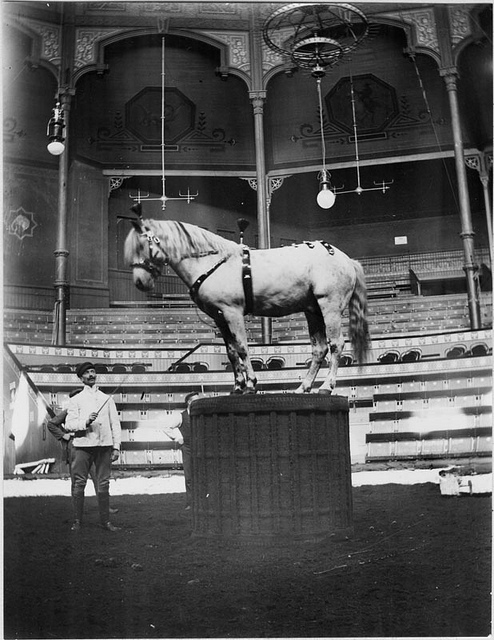Georgiana Molloy arrived in the Swan River Colony (now Perth, Western Australia) in 1830 and was among the small group of British colonists who founded the settlement of Augusta in the far southwest. Today, she’s remembered as the first internationally successful female botanist in Western Australia. Specimens from two of her collections, including Type specimens, are archived in Kew Herbarium and Cambridge University Herbarium. Some of her letters and some diaries have also survived, held at the Cumbria Archive Centre in Carlisle UK and the JS Battye Library in Perth WA. Researchers unable to access these documents first-hand have been able to view some sources online for several years but things are changing.
Continue reading











